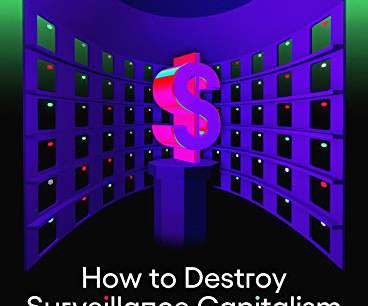Averting turbulence in the air
CIO Business Intelligence
DECEMBER 21, 2023
Since Erin has a limited budget, one of the first things she might do is go to the internet and browse through meta-search engines looking for a deal. is asking all organizations to encrypt the data on the application level—in other words, disk or partition-level encryption is not enough anymore. However, this isn’t enough.















Let's personalize your content